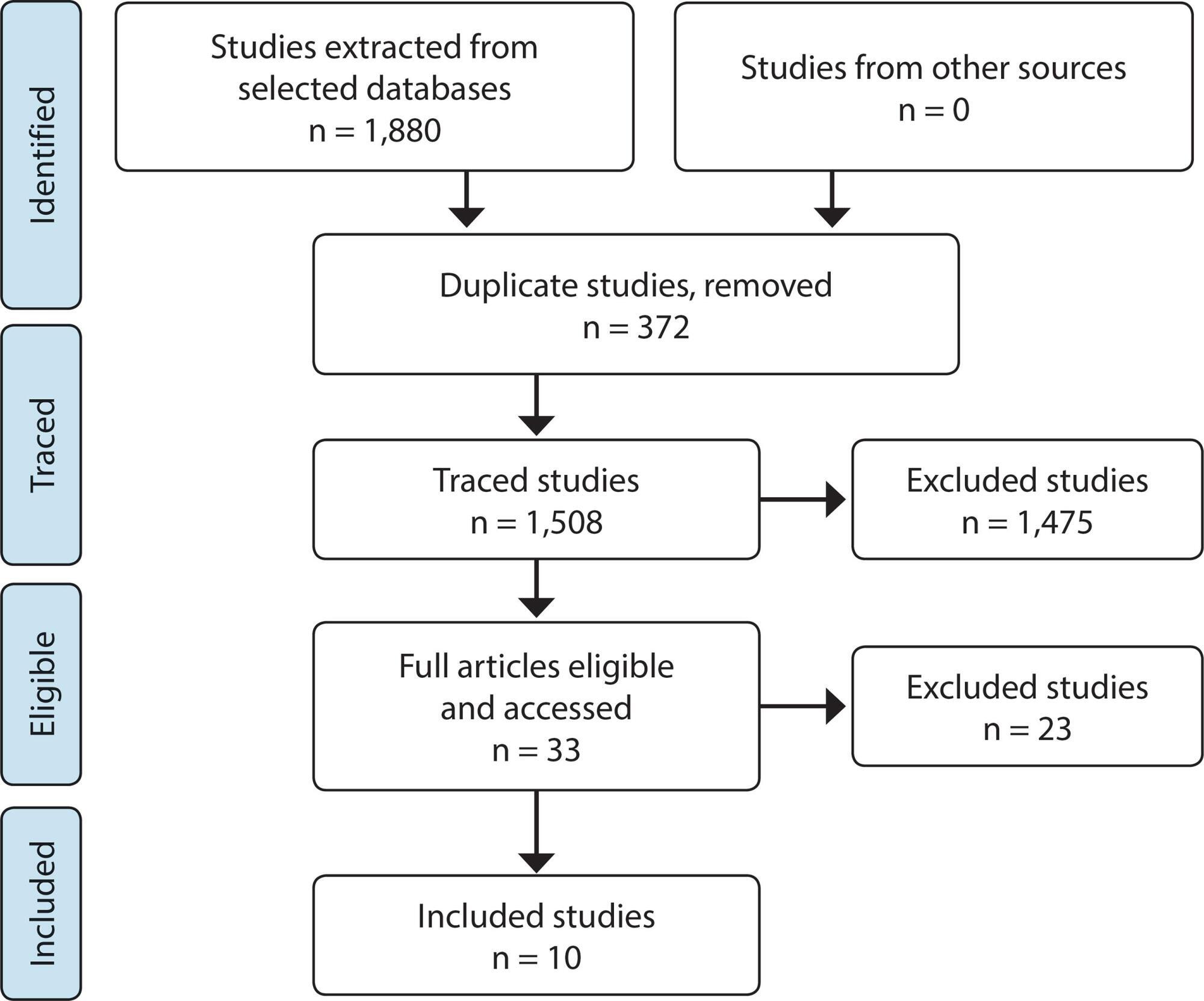-
ORIGINAL ARTICLE
Risk assessment for postoperative complications in patients undergoing cardiac surgical procedures
Revista Brasileira de Enfermagem. 2024;77(4):e20230127
09-20-2024
Resumo
ORIGINAL ARTICLERisk assessment for postoperative complications in patients undergoing cardiac surgical procedures
Revista Brasileira de Enfermagem. 2024;77(4):e20230127
09-20-2024DOI 10.1590/0034-7167-2023-0127
Visualizações0ABSTRACT
Objectives:
to evaluate the risk of postoperative complications in cardiac patients.
Methods:
an evaluative study using the Tuman Score on medical records of 70 adult patients who underwent cardiac surgery at a University Hospital. The R for Windows software was used for the analyses. Descriptive statistics and bivariate analysis were employed to verify the association between the risk score and complications. The relative risk between the Tuman Score and postoperative complications was obtained through Quasi-Poisson regression, with a 95% confidence interval.
Results:
the majority of the patients were male (58.57%), aged between 41-64 years (50%), who underwent myocardial revascularization (50%). These patients were associated with a lower risk of postoperative complications (p=0.003), (p=0.008), and (p=0.000), respectively. High-risk patients had pulmonary complications (RR=1.32, p=0.002) and neurological complications (RR=1.20, p=0.047).
Conclusions:
preoperative risk assessment promotes qualified care to reduce postoperative complications.
Palavras-chave: Cardiac Surgical ProceduresCardiovascular DiseasesCardiovascular NursingPostoperative ComplicationsRisk AssessmentVer mais -
REVIEW
Late postoperative complications in surgical patients: an integrative review
Revista Brasileira de Enfermagem. 2020;73(5):e20190290
07-01-2020
Resumo
REVIEWLate postoperative complications in surgical patients: an integrative review
Revista Brasileira de Enfermagem. 2020;73(5):e20190290
07-01-2020DOI 10.1590/0034-7167-2019-0290
Visualizações0ABSTRACT
Objective:
to identify the main complications in the late postoperative period of surgical patients.
Method:
an integrative review from the CINAHL, LILACS, Science direct, Web of Science, SCOPUS, Europe PMC, and MEDLINE databases. Descriptors and keywords were combined without language or time restriction.
Results:
ten primary studies were included. Infectious complications were the most common, especially surgical site infection, pneumonia and urinary tract infection. The presence of complications was linked to increased mortality, need for reoperations and worse survival. Few studies report on monitoring frequency, follow-up time and/or when complications started to be observed.
Conclusion:
infectious complications were the most prevalent postoperatively. The scarcity of guidelines that guide the monitoring of complications regarding monitoring frequency, follow-up time and classification makes it difficult to establish an overview of them and consequently propose intervention strategies.
Palavras-chave: ComplicationsEpidemiological MonitoringInfectionsOperative Surgical ProceduresPostoperative ComplicationsVer mais
-
RESEARCH
Influence of socio-demographic, clinical and surgical variables on the Aldrete-Kroulik Scoring System
Revista Brasileira de Enfermagem. 2018;71(6):3013-3019
01-01-2018
Resumo
RESEARCHInfluence of socio-demographic, clinical and surgical variables on the Aldrete-Kroulik Scoring System
Revista Brasileira de Enfermagem. 2018;71(6):3013-3019
01-01-2018DOI 10.1590/0034-7167-2017-0813
Visualizações0ABSTRACT
Objective:
To identify the influence of the variables sex, age, type of anesthesia, occurrence of intraoperative complications, pain and surgical complexity on the Aldrete-Kroulik Scoring System in patients in the immediate postoperative period, in the post-anesthesia care unit.
Method:
Non-experimental, longitudinal study, with a quantitative approach, conducted with 241 surgical patients. Descriptive analysis, Student’s t-test, Pearson and Spearman Correlation Indexes and multiple linear regression were used to analyze the data.
Results:
Correlations between the Aldrete-Kroulik Scoring System and pain (r=-0.13; p=0.05) and surgical complexity (r=-0.12; p=0.05) were statistically significant. The type of anesthesia and pain (p<0.01) influenced the decrease of the Aldrete-Kroulik System’s scores.
Conclusion:
Considering the vulnerability of patients in the immediate postoperative period, it is essential for the nurse to know the factors that can influence the Aldrete-Kroulik Scoring System to provide a safe and optimal post-anesthesia recovery.
Palavras-chave: Care UnitElective Surgical ProceduresPerioperative NursingPostoperative ComplicationsPostoperative PainVer mais



